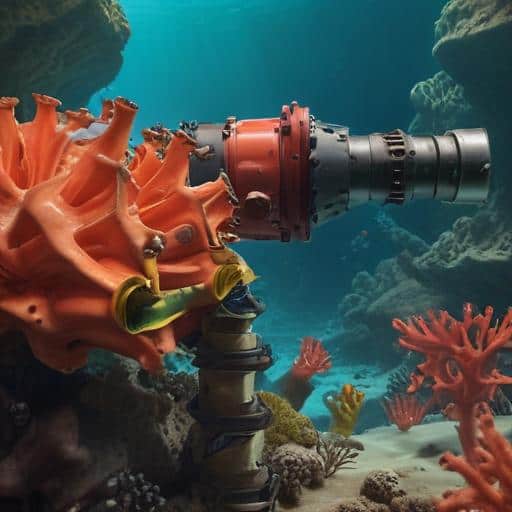French Polynesia’s president, Moetai Brotherson, has issued a powerful warning against deep-sea mining, declaring that he will oppose it “over my dead body.” His comments reflect growing concerns about the environmental risks associated with the extraction of minerals from the ocean floor, which some believe could inflict catastrophic damage on marine ecosystems.
This declaration comes at a time when many Pacific nations are debating the economic allure of deep-sea mining versus its potential ecological consequences. “We’re playing gods with the cradle of life – and that’s way too dangerous,” Brotherson stated emphatically. The struggle between seeking economic development and safeguarding the environment is becoming increasingly evident in discussions among Pacific leaders.
While deep-sea mining remains in the exploratory phase, several nations, including the Cook Islands and Kiribati, are actively pursuing partnerships with mining companies, often capitalizing on the promise of financial advantages. These endeavors aim to support the transition to green energy, as the minerals targeted by deep-sea mining play key roles in technology, such as batteries for electric vehicles. However, proponents of environmental protection argue that the uncertainties regarding the long-term impacts on marine life could outweigh these benefits.
Brotherson, representing a pro-independence political faction, has emphasized the dangers of surrounding jurisdictions permitting deep-sea mining, as pollution from these activities could travel across borders, affecting not only his territory but neighboring waters as well. He indicates that modifications are to be sought regarding the statute of autonomy that currently allows France jurisdiction over resources considered “strategic materials.”
The discussions around deep-sea mining resonate with recent events, such as the Pacific Islands Forum meeting held in Fiji, where representatives from 18 Pacific nations deliberated on the trade-offs of economic development versus environmental sustainability. Leaders like Palau’s President Surangel S. Whipps Jr. have echoed calls for a moratorium on mining until more scientific knowledge about its impacts is established. This growing movement towards environmental stewardship illustrates a promising trend where ecological integrity increasingly becomes a priority alongside economic ambitions.
Brotherson’s vision for French Polynesia includes promoting sustainable tourism, enhancing local agriculture, and fostering a digital economy, aimed at achieving economic self-reliance without compromising environmental health. His cautious approach towards independence reflects a commitment to ensuring that any future transition is done responsibly and with the people’s welfare in mind.
The overarching narrative surrounding deep-sea mining highlights a broader challenge faced by Pacific nations. As environmental advocates continue to call for strong regulations and a moratorium on mining until safety evaluations are complete, the opportunity for Pacific nations to align economic aspirations with environmental protection appears promising. There’s hope that thoughtful governance will lead to a sustainable future that prioritizes both community welfare and marine ecosystem conservation.

Leave a comment